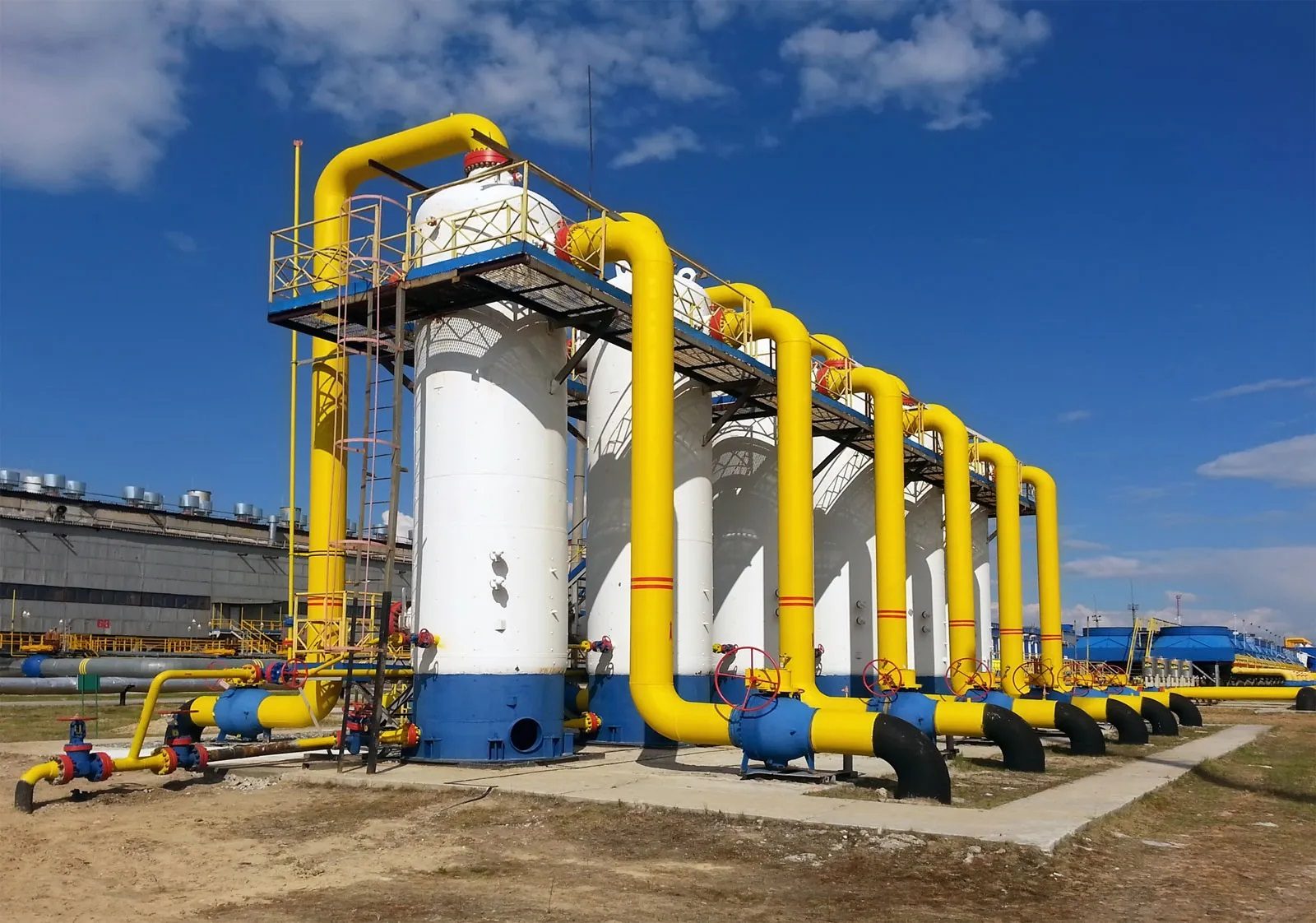
Are you ready to dive into the fascinating world of natural gas? In this article, we will explore 11 fun facts about this versatile and eco-friendly energy source. Natural gas has become an essential part of our modern lives, providing heat, fueling transportation, and generating electricity. But how much do you really know about this wonder of nature?
From its discovery thousands of years ago to its role in reducing carbon emissions, natural gas has a rich history and a promising future. It’s time to uncover some surprising and interesting facts that will leave you amazed. So, buckle up and let’s explore the intriguing world of natural gas!
Key Takeaways:
- Natural gas is mainly made of methane and has many uses, from heating homes to powering vehicles and industries. It’s odorless, found underground, and is a cleaner alternative to other fossil fuels.
- Natural gas is abundant, can be liquified for easy transport, and is lighter than air. It’s used in fertilizers and can be a bridge fuel to renewable energy, making it an important part of our energy mix.
Natural gas is composed primarily of methane.
Natural gas, the cleanest burning fossil fuel, is made up mainly of methane, a hydrocarbon compound composed of carbon and hydrogen atoms.
Natural gas has a wide range of uses.
From heating homes and fueling vehicles to generating electricity and powering industrial processes, natural gas is an incredibly versatile energy source.
Natural gas is odorless and colorless.
In its natural state, natural gas is odorless and colorless. The distinct smell associated with natural gas is actually due to the addition of an odorant, typically mercaptan, to help detect gas leaks.
Natural gas is found underground.
Natural gas is formed deep beneath the Earth’s surface over millions of years from the remains of plants and animals. It is typically extracted through drilling wells.
Natural gas is a cleaner alternative to other fossil fuels.
Compared to coal and oil, natural gas emits fewer greenhouse gases and pollutants when burned, making it a cleaner option for energy production.
Natural gas reserves are abundant.
There are vast reserves of natural gas around the world, ensuring a continuous and reliable supply of this energy source for years to come.
Natural gas can be liquified.
Through a process called liquefaction, natural gas can be cooled to extremely low temperatures and converted into liquefied natural gas (LNG), making it easier and more cost-effective to transport over long distances.
Natural gas is lighter than air.
When released into the atmosphere, natural gas disperses rapidly as it is lighter than air. This property makes it safer in the event of a leak compared to other fuels.
Natural gas can be compressed for use in vehicles.
Compressed natural gas (CNG) is a popular alternative fuel for vehicles, as it burns cleaner and produces fewer emissions than conventional gasoline or diesel.
Natural gas is used in the production of fertilizers.
Natural gas is a key ingredient in the production of ammonia, which is used as a primary component in the manufacturing of fertilizers, contributing to global food production.
Natural gas can be a bridge fuel to renewable energy.
As renewable energy sources gain prominence, natural gas can serve as a transitional fuel due to its lower carbon emissions, helping to reduce the reliance on more carbon-intensive fuels.
Conclusion
Natural gas is an incredible source of energy that has numerous benefits and fascinating characteristics. From its origins to its uses, there is always something interesting to learn about natural gas. Whether it’s its abundance in supply, cost-effectiveness, or environmental advantages, natural gas continues to play a significant role in the energy industry.
As we continue to explore and develop efficient and sustainable energy sources, natural gas will undoubtedly remain a crucial part of the global energy mix. Its versatility and eco-friendly properties make it a valuable resource for powering our homes, businesses, and industries. By harnessing the power of natural gas, we can continue to meet our energy needs while minimizing our impact on the environment.
So, the next time you turn on your stove or heat your home, remember the incredible story behind natural gas and its many fun facts.
FAQs
1. How is natural gas formed?
Natural gas is formed over millions of years from the remains of ancient plants and animals that were buried under layers of sediment. The pressure and heat from the Earth’s crust transform this organic material into natural gas.
2. Is natural gas harmful to the environment?
Compared to other fossil fuels, natural gas is considered the cleanest-burning fossil fuel. It produces fewer harmful emissions such as sulfur dioxide, nitrogen oxide, and particulate matter. However, natural gas is still a contributor to greenhouse gas emissions, primarily in the form of methane, which can escape during extraction and transportation.
3. How is natural gas transported?
Natural gas is transported through pipelines, which form an extensive network across many countries. It can also be transported in liquefied form, known as liquefied natural gas (LNG), by cooling it to around -260°F (-162°C), which reduces its volume and allows for easier transport by specialized tankers.
4. What are some common uses of natural gas?
Natural gas has a wide range of applications. It is commonly used for residential heating, cooking, and electricity generation. It is also a feedstock for the production of various products, such as plastics and fertilizers. In industries, natural gas is utilized as a heat source and as fuel for transportation.
5. Is natural gas a renewable energy source?
No, natural gas is considered a non-renewable energy source because its formation takes millions of years. While it is more abundant and cleaner-burning than other fossil fuels, it is still a finite resource.
Was this page helpful?
Our commitment to delivering trustworthy and engaging content is at the heart of what we do. Each fact on our site is contributed by real users like you, bringing a wealth of diverse insights and information. To ensure the highest standards of accuracy and reliability, our dedicated editors meticulously review each submission. This process guarantees that the facts we share are not only fascinating but also credible. Trust in our commitment to quality and authenticity as you explore and learn with us.


